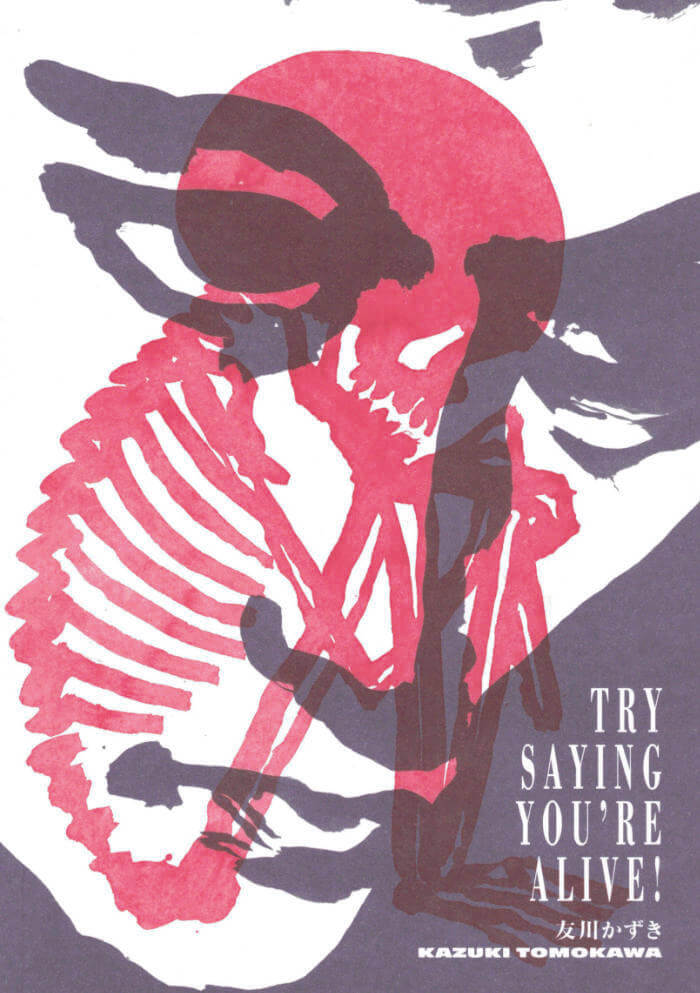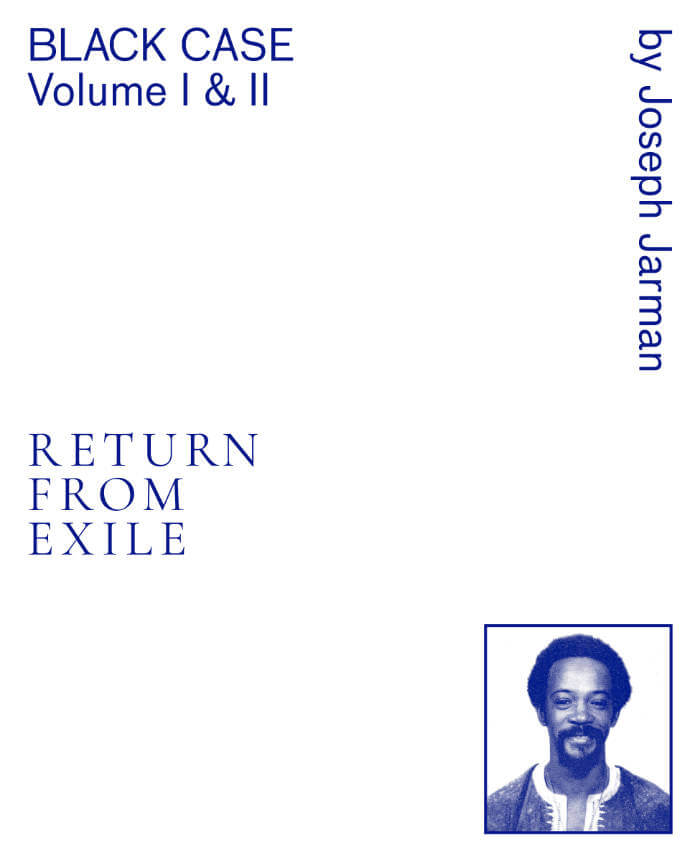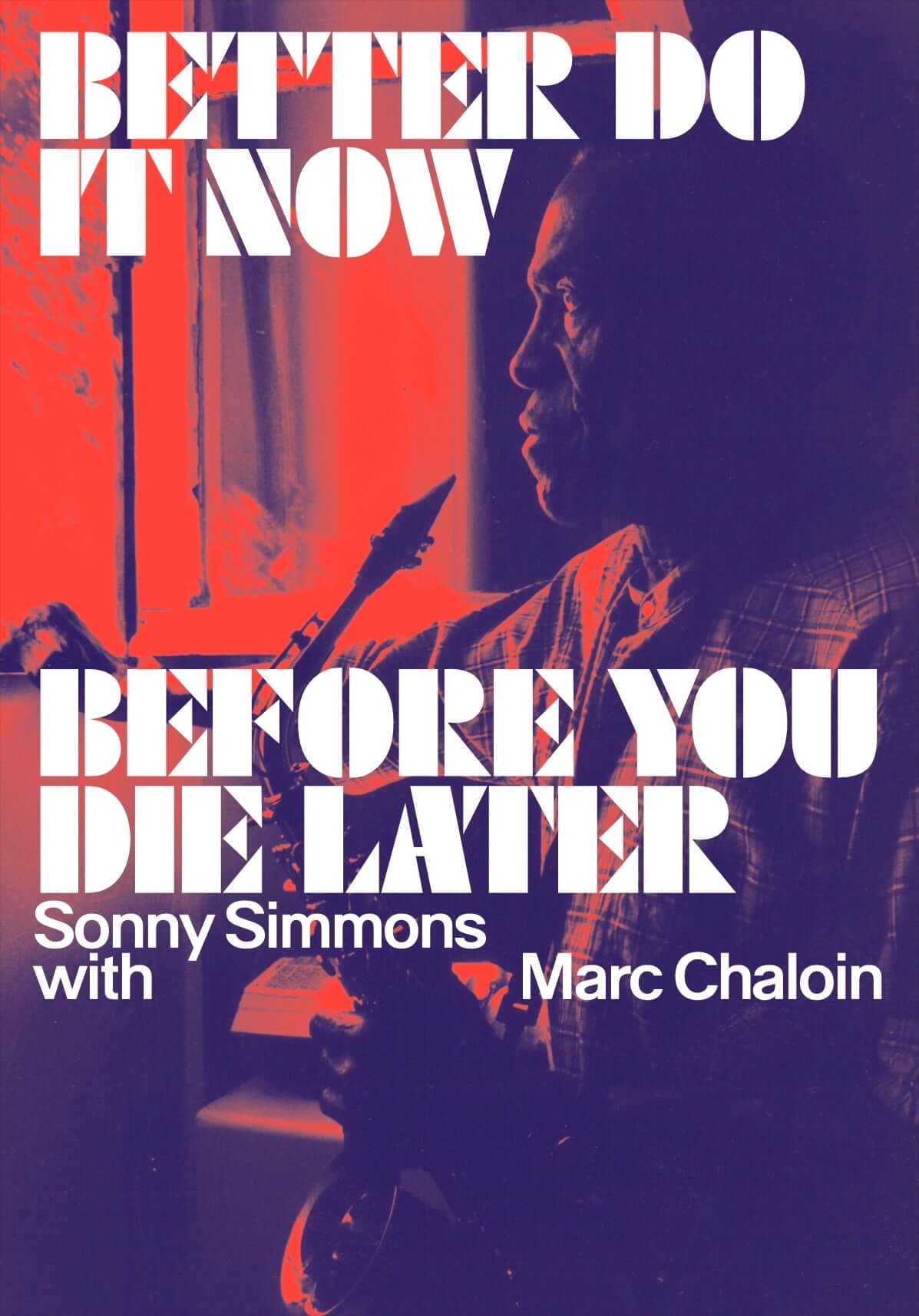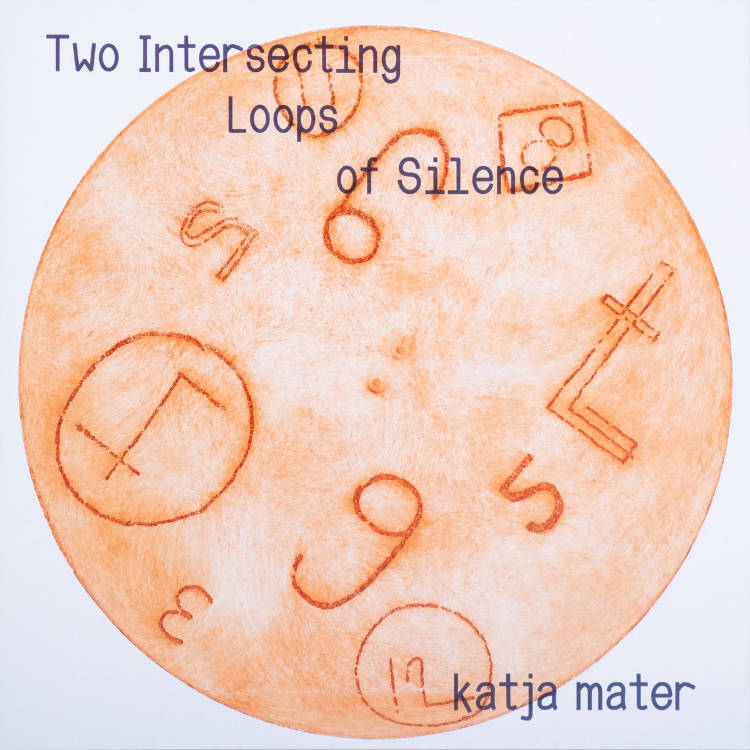
Try Saying You're Alive!
A memoir by Kawasaki-based writer and musician Kazuki Tomokawa, Try Saying You're Alive! offers a semi-fictionalized account of the vibrant Tokyo underground that he has been at the center of since the 1970s.
Recounting sixty years in the life of this "screaming philosopher." Try Saying You're Alive! traces Tomokawa's beginnings in the Akita Prefecture as a "runaway toddler," his adolescent basketball career, and his wanderings as a day laborer, gambler, painter, actor, drinker, and avant-garde folk guitarist. Anecdotes of figures such as novelist Kenji Nakagami, poet Shuji Terayama, actor Tôru Yuri, directors Takashi Miike and Nagisa Ōshima, and musicians Ryudo Uzaki and Kan Mikami animate this impassioned memoir by a legendary musician. This is the first English translation of Tomokawa's writing.
Kazuki Tomokawa (born Tenji Nozoki in 1950 in the Akita Prefecture area of northern Japan) is a prolific Japanese musician, singer-songwriter, artist and poet, one of the pioneers of acid-folk, active on the Japanese music scene since the beginning of the 1970s, companion of musicians such as Kan Mikami, Keiji Haino or Motoharu Yoshizawa. He has recorded more than thirty albums.







